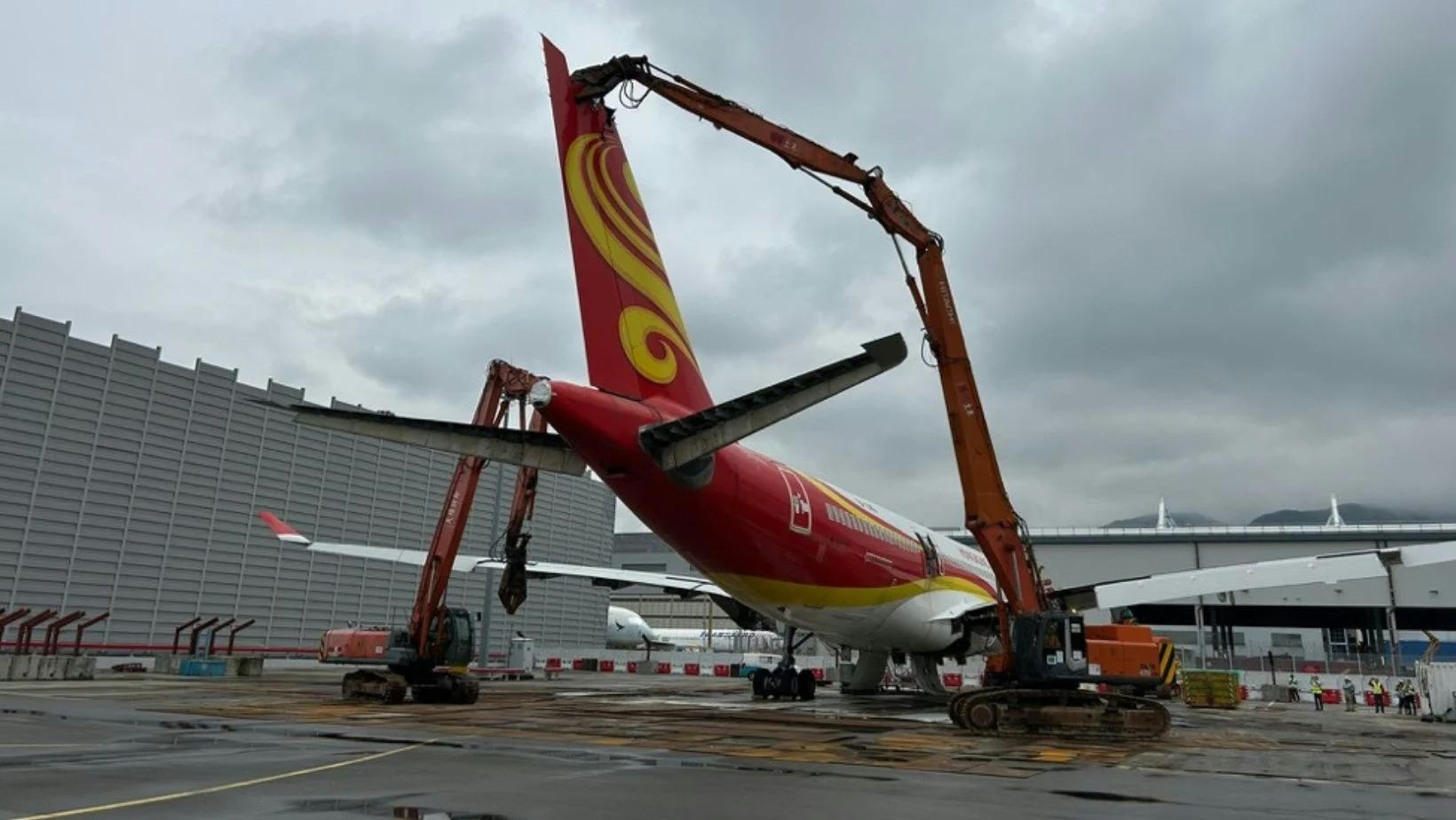
Smarter email, faster business.
Trending
Mahindra Aerostructures Wins Order for H130 Fuselage from Airbus Helicopters
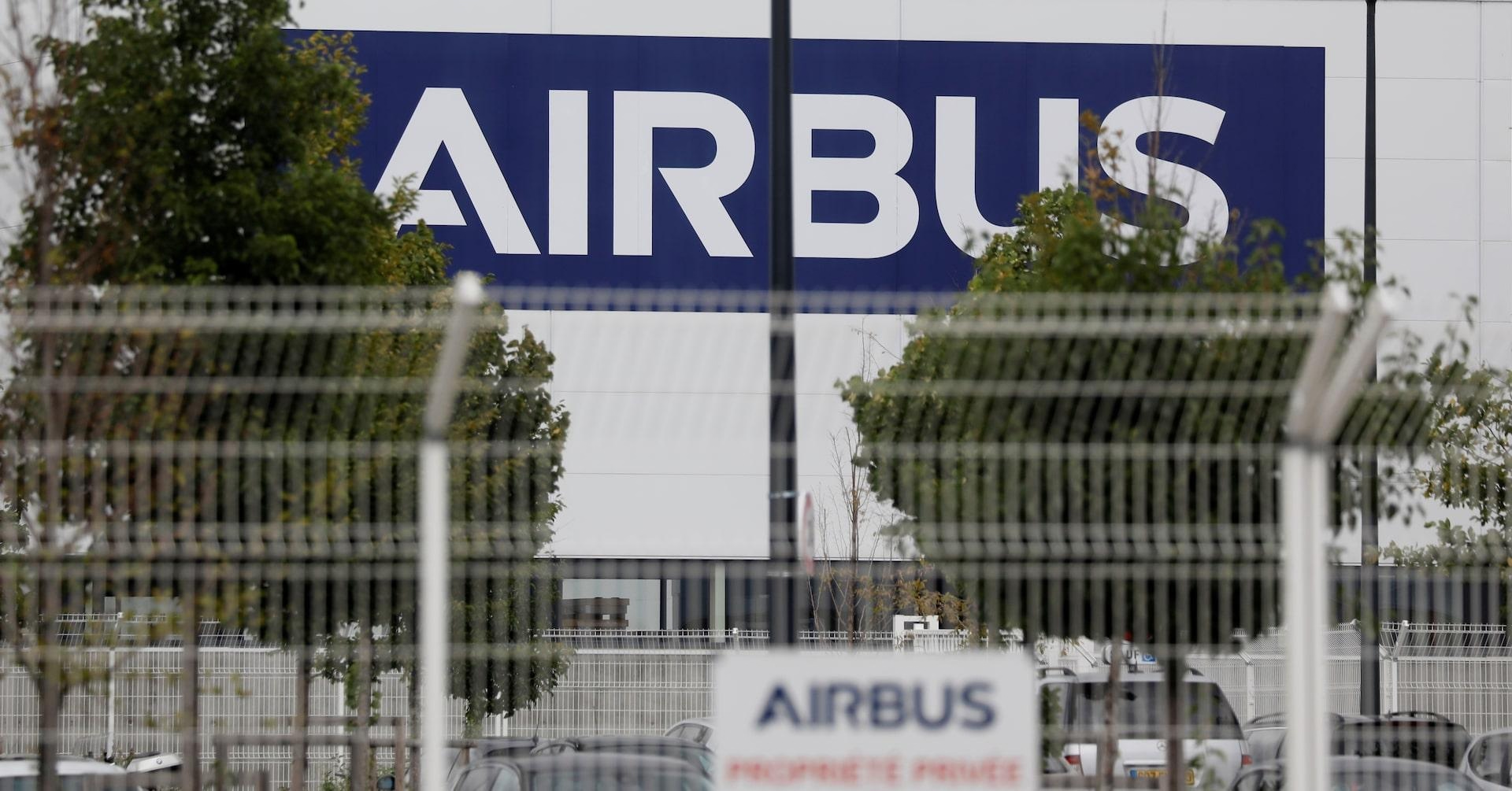
Mahindra Aerostructures Secures Contract to Manufacture H130 Fuselage for Airbus Helicopters
Mahindra Aerostructures, a subsidiary of the Indian conglomerate Mahindra and Mahindra, has been awarded a contract by Airbus Helicopters to manufacture and assemble the main fuselage for the H130 light single-engine helicopter. This development, announced on Wednesday, represents a significant milestone for India’s aerospace manufacturing industry as international aerospace companies increasingly recognize the country’s expanding capabilities.
Details of the Contract and Industry Implications
Under the terms of the agreement, Mahindra Aerostructures will produce the main fuselage assembly for the H130 at its facility in India. Once completed, these assemblies will be shipped to Airbus Helicopters’ European sites for final integration. The H130 model is a widely used intermediate single-engine helicopter, primarily employed for passenger transport.
Mahindra Aerostructures, which already supplies major aerospace firms including Boeing and Dassault Aviation, did not disclose the financial details of the contract. The announcement positively influenced the stock market, with shares of Mahindra and Mahindra rising by as much as 1.8% during Wednesday trading. This reflects growing investor confidence in India’s expanding role within the global aerospace supply chain.
Broader Context and Future Prospects
This contract follows a series of recent collaborations between Indian companies and international aerospace leaders. Notably, in January 2023, Airbus Helicopters entered into a partnership with India’s Tata Group to jointly manufacture civilian helicopters, aiming to bolster India’s position as a hub for aerospace production. The new agreement with Mahindra Aerostructures further demonstrates Airbus’s commitment to leveraging India’s manufacturing expertise and highlights the country’s emergence as a key player in the global aerospace industry.
While the deal is expected to generate skilled employment and stimulate local industry growth, it also presents challenges common to cross-border aerospace manufacturing. These include managing complex supply chain logistics and adhering to rigorous quality assurance standards. As India continues to attract major aerospace contracts, competitors worldwide may respond by enhancing their own manufacturing capabilities to remain competitive.
The contract underscores both the opportunities and complexities inherent in global aerospace partnerships, positioning India’s manufacturing sector for an increasingly prominent role in the international aerospace landscape.

Yingling Aviation Named Authorized Honeywell Dealer
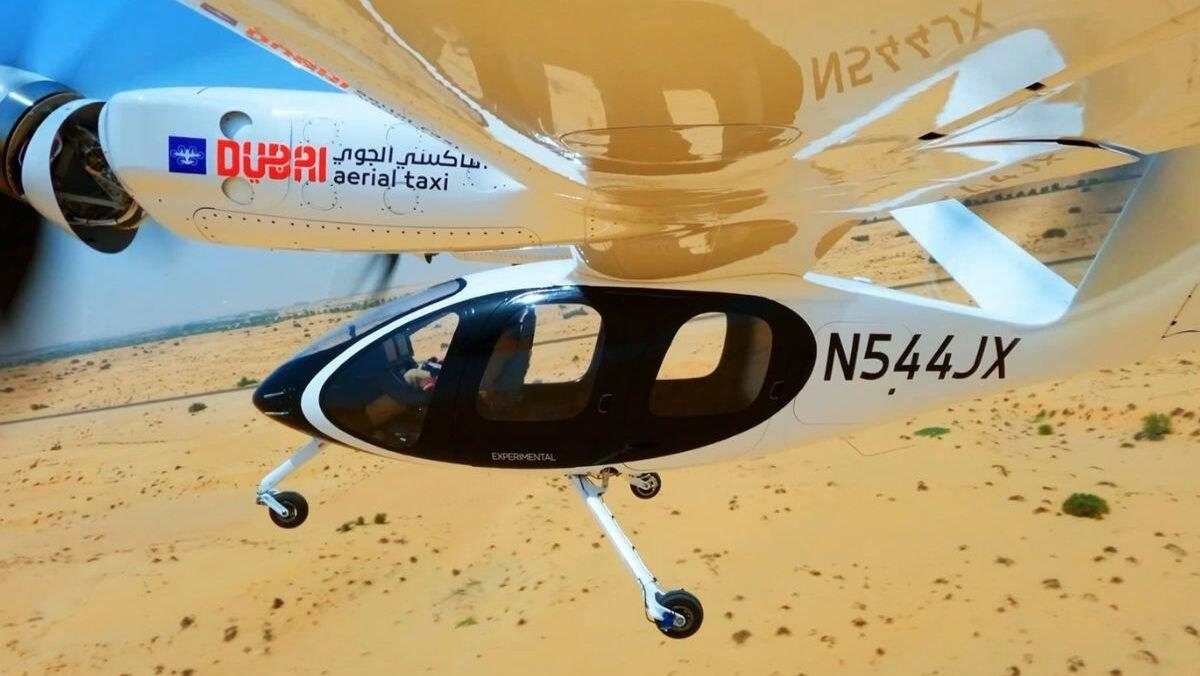
Does Joby Aviation's Milestone in Dubai Point Toward Further Growth?
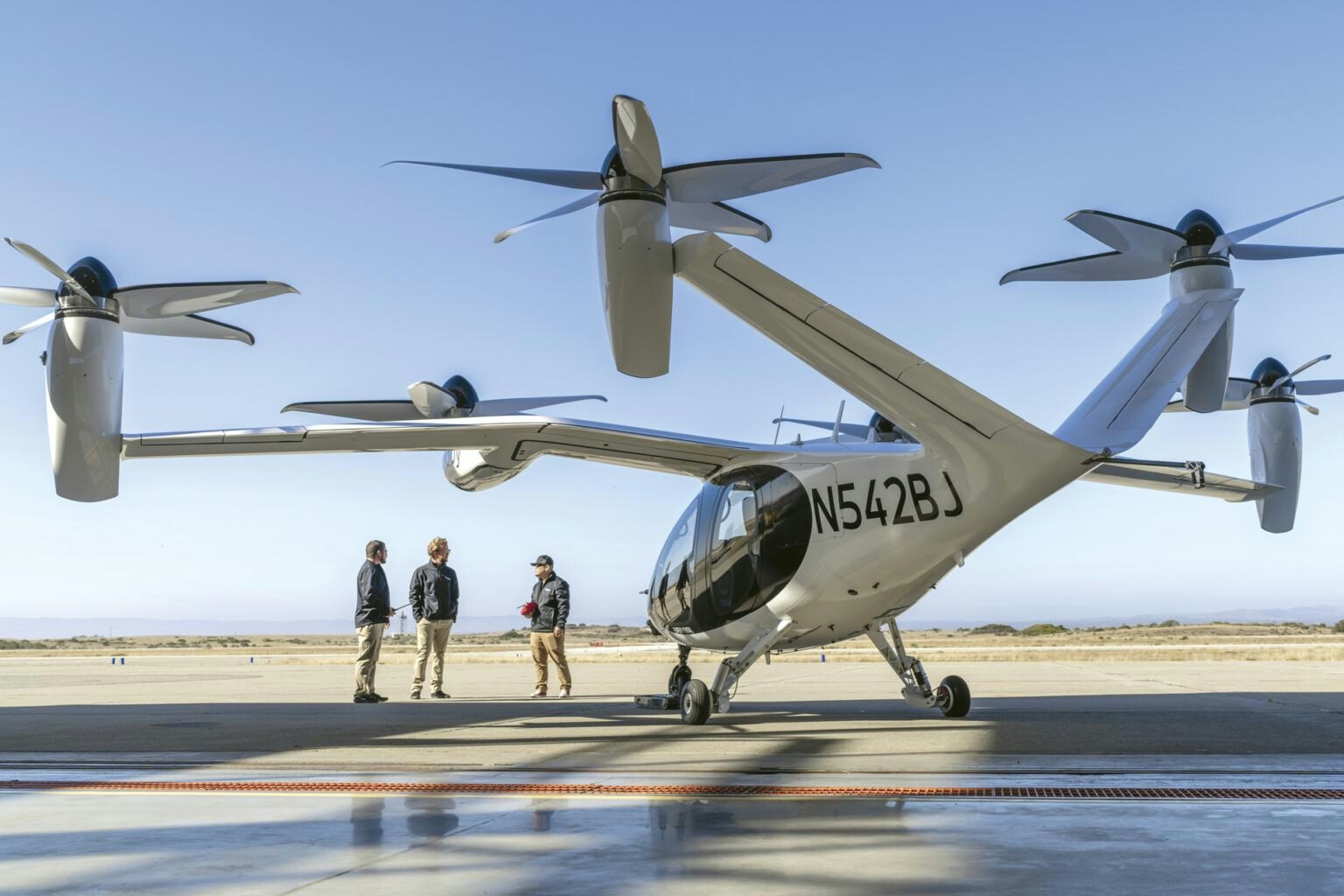
New Invention Promises to Eliminate Airplane Emissions in Country
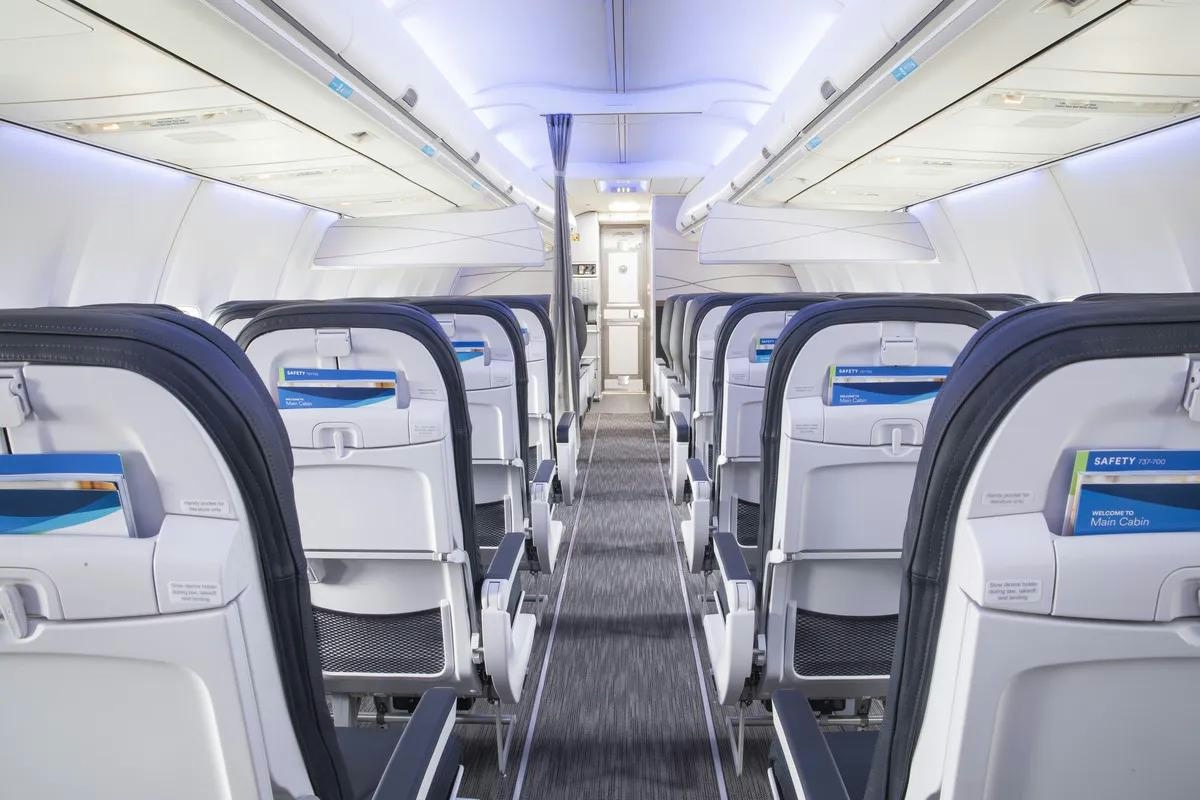
Key Questions on Chinese Travel, AI, and Airlines Answered by Skift
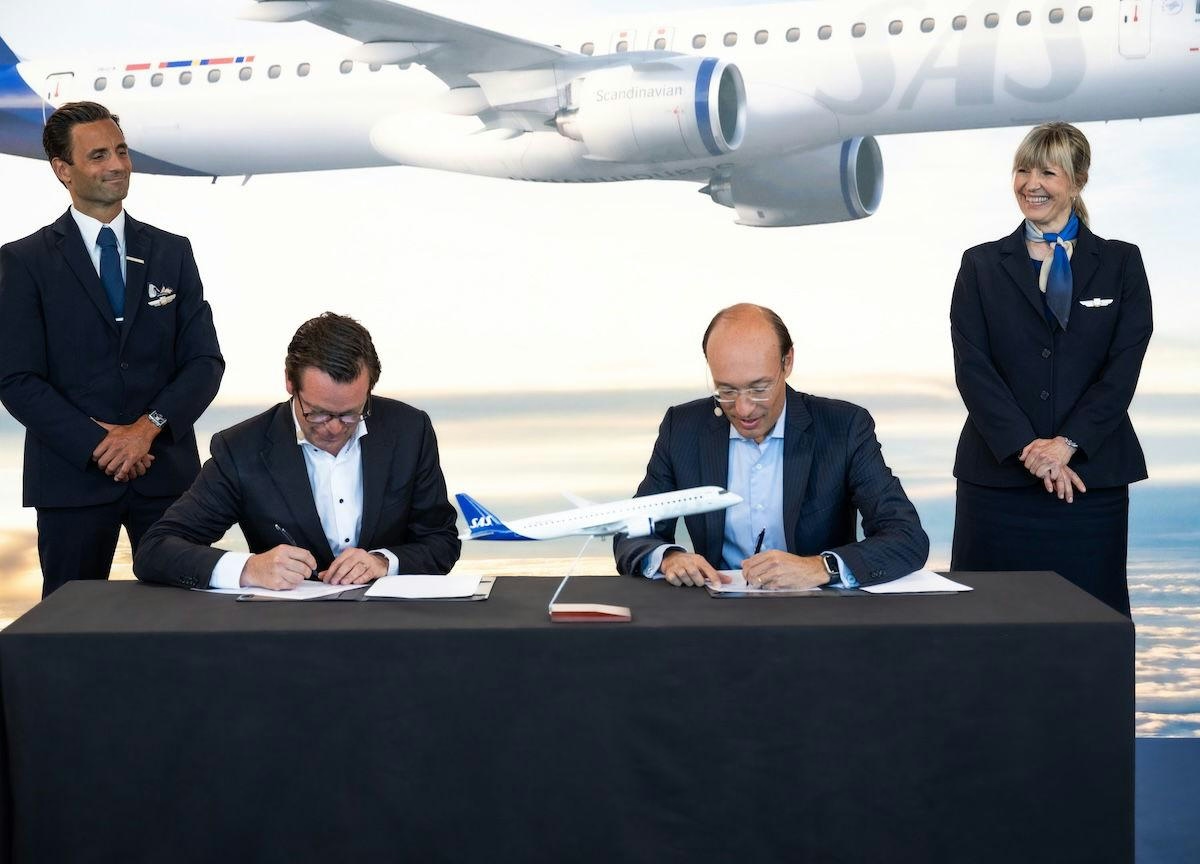
SAS Orders Up to 55 Embraer E195-E2 Jets
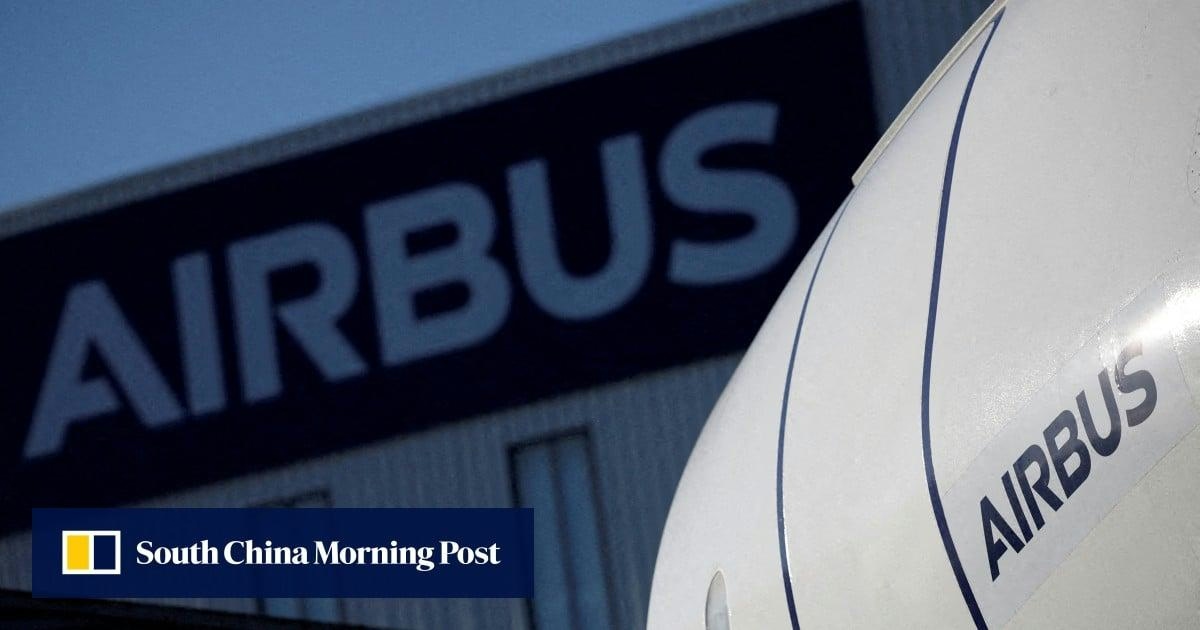
China edges closer to Airbus mega-deal, leaving Boeing out in the cold: analysts
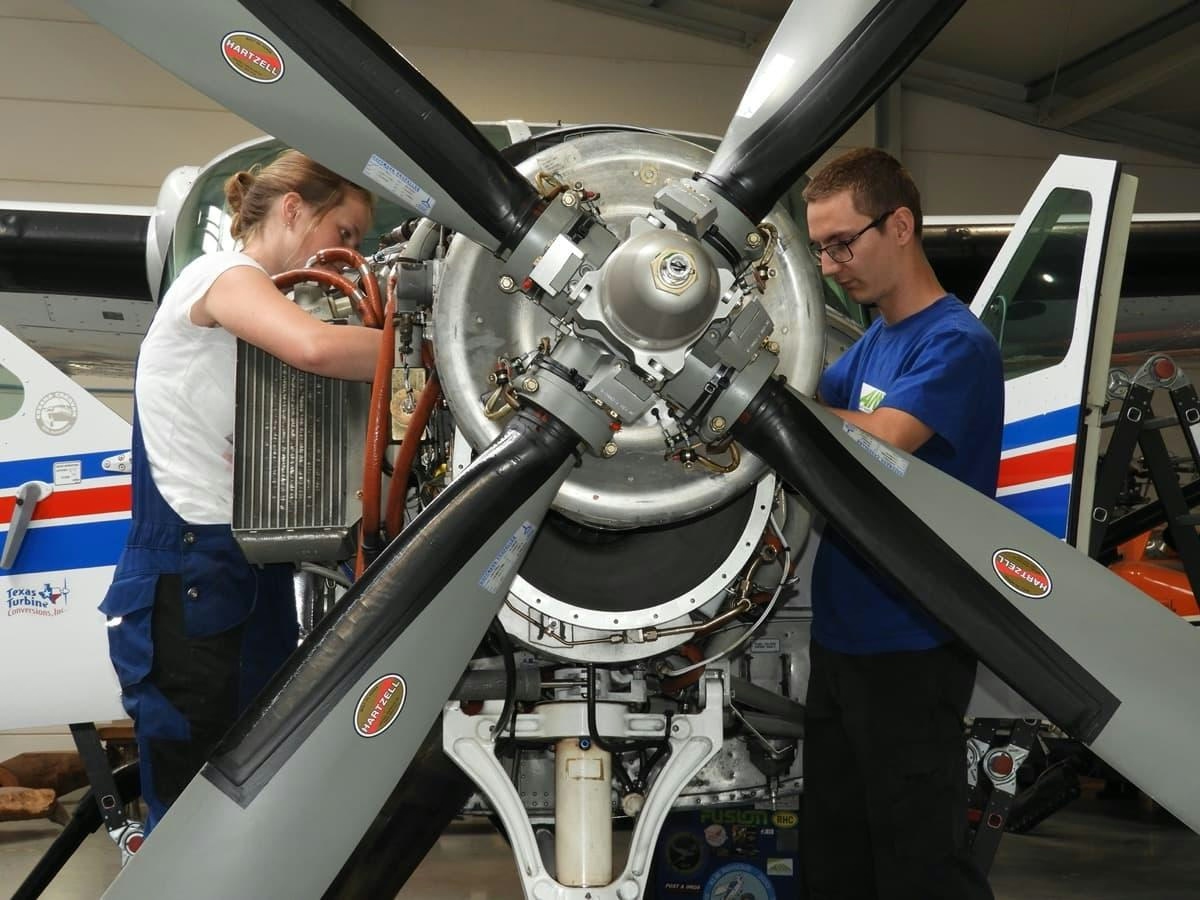
Rano Air Collaborates with Aviation Authorities to Investigate In-Flight Engine Malfunction

Portugal Hosts Aviation Pioneers at World Aviation Festival in Lisbon

World Star Aviation Backs XMAL’s First Lease Deal with easyJet
